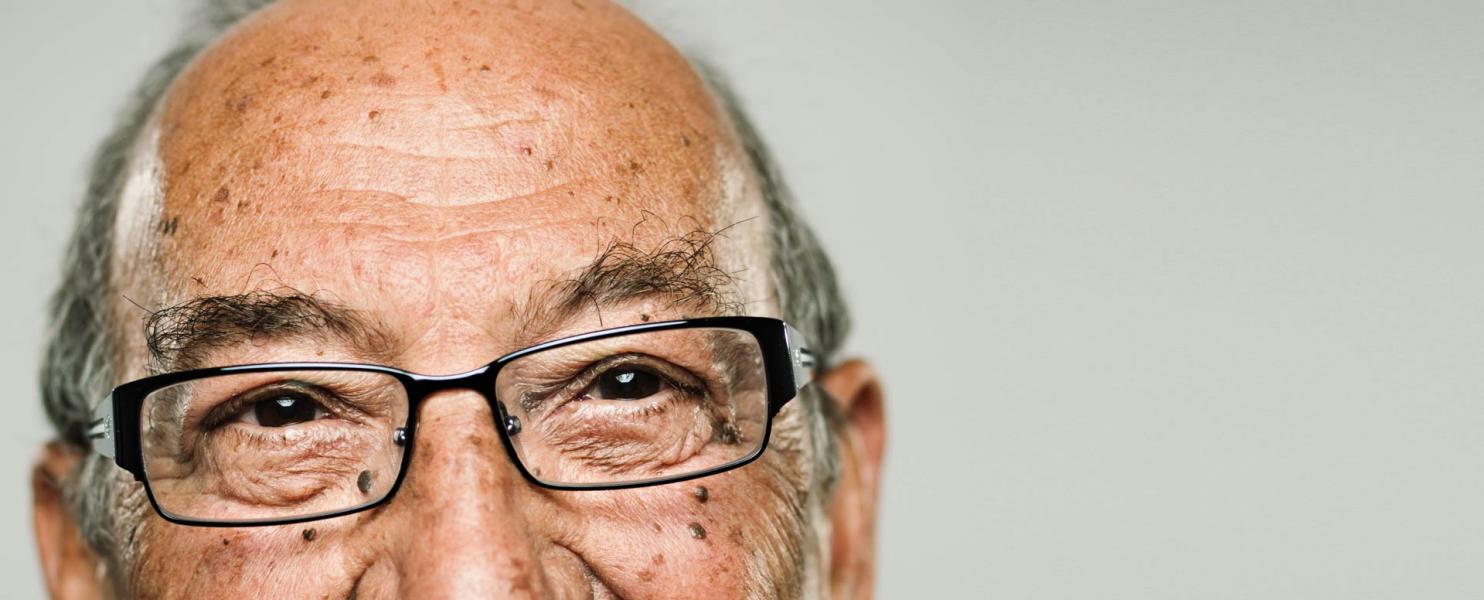You will have been asked not to eat or drink for eight hours prior to your surgery. This is important for your safety during the anaesthetic. If you are taking medication, you should take this as normal with a small sip of water. Do not take antibiotics on the day of your surgery.
The anaesthetist will see you after you have been admitted. He or she will ensure that you are fit for anaesthetic. You will be able to voice any concerns you have about the procedure or anaesthetic at this stage.
When the surgeon and the anaesthetist are ready for you, a nurse will take you to the anaesthetic room that is linked to the operating theatre.
The anaesthetic nurse will then check you in. The anaesthetist will normally administer the anaesthetic via a small injection into your hand. Within a few seconds you will feel very contented, and become drowsy and then unconscious. The anaesthetist will be with you throughout your surgery and use specialist equipment to monitor your breathing and heart and circulation. When the operation is over, you will wake up in the recovery room. Specialist nurses will care for you here until you are ready to be taken back to your room in the ward.
Download the 'Preparing for Surgery' patient information leaflet








